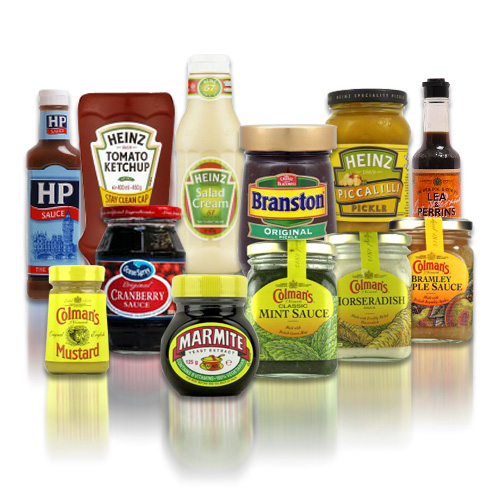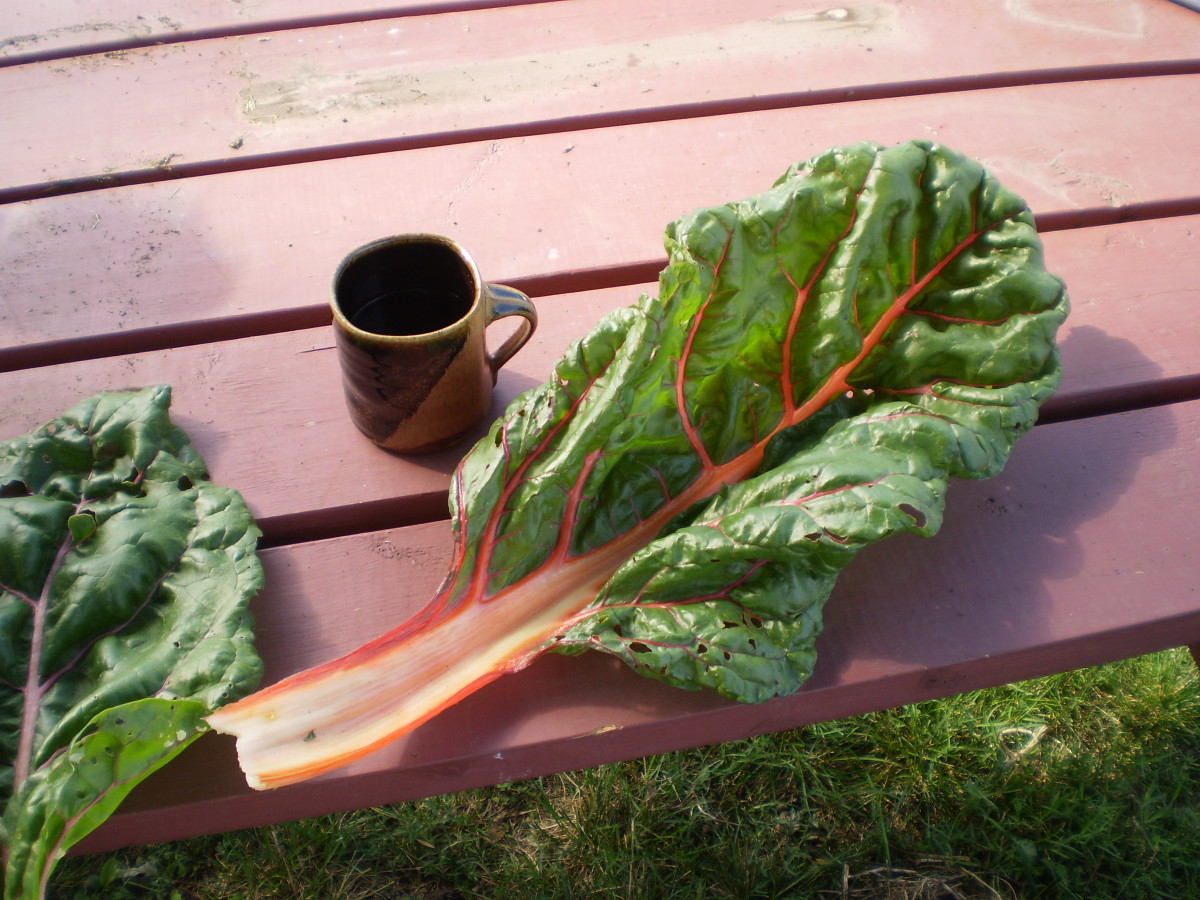Are Condiments Healthy For You? Two Sides Of The Story.

We tend to use condiments really liberally on most of our food. We shake salt on to our plates before we've even tasted the food to see if it "needs" it. We always say yes when the waitress asks if we need ketchup, Tabasco, BBQ sauce, or mayonnaise. We pile on the condiments because they have a familiar taste which makes all of our food taste like something that we're certain we like. In other words, we mostly use condiments out of habit. But perhaps we should start thinking more about the condiments that we're using on a regular basis and the implications that they might have for our health.
You probably think that were going to talk about the really obvious condiments that we all know we shouldn't use too liberally. We all know that mayonnaise contains a lot of fat and that we should hold it if we want to hold on to our slim waistlines and healthy hearts. And we all know that we should watch our sodium intake. But the condiments that we know to watch out for aren't the ones that we need to worry about. It's the ones that we just don't ever think much about that we need to remember to pay attention to when we're taking stock of our eating habits in order to improve our overall health.
Here are two to keep in mind:
Ketchup:
Ketchup is one of the most frequently used condiments by people of all ages. Kids dip everything from chicken nuggets to dirty fingers in ketchup to get that sweet taste and even health-conscious adults who choose veggie burgers over bacon cheeseburgers douse ketchup on their organic buns. Most people don't even really think about the ketchup they consume. And those who do might actually thin that ketchup is healthy for them because there's evidence to suggest that ketchup has good-for-you antioxidants.
True enough, but that doesn't mean that you should go ahead and put ketchup on everything. The main problem with consuming too much ketchup is that the sweet taste that adds to your food is there because of the sugar that's in ketchup. Whether it's high fructose corn syrup or some type of sweetener, that sweet stuff isn't great for your health. This doesn't mean that you can't have your ketchup and dip into it to, but it does mean that you should think about it before you make it a part of your daily diet.
Pepper:
People tend to have the opposite issue with pepper as they do with ketchup. Most of us eat ketchup regularly without really thinking about it. On the other hand, even though pepper is put on every table at every restaurant, it's actually not that common for most people to reach for the pepper. And that's a shame because pepper is actually fairly healthy for you. The reason for this is that pepper contains a substance which helps your body to absorb more nutrients.
So, if you're eating some healthy foods, like vegetables, you might want to think about putting some pepper on them. However, you ought to know that most of the nutritional value of pepper is lost when pepper sits out for a long time (such as on those diner tables in the shakers) so if you're using pepper in your own home, you should do so with peppercorns and a grinder.
Ketchup and pepper are just two of the condiments that we have at our fingertips which we don't think much about before we use them. No, you shouldn't obsess about the condiments in your cabinet, but you should take a little bit of time to research their pros and cons so that when you're putting something in your body, you're aware of what it's doing to you.






